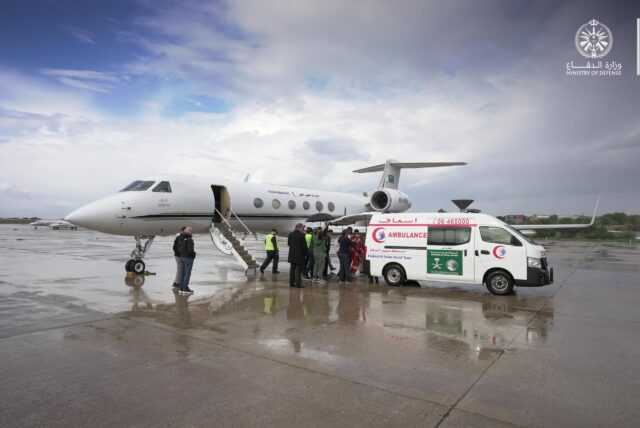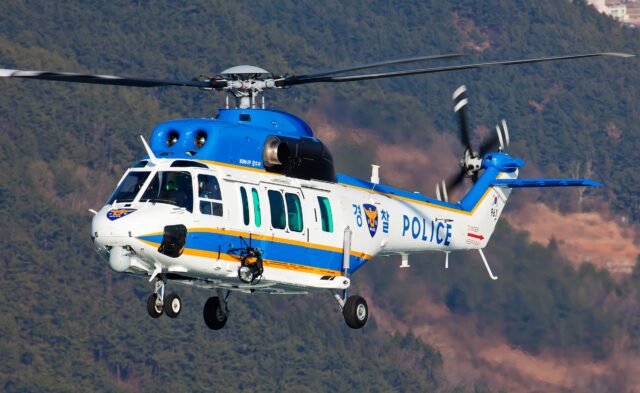Flying Whales Quebec chooses Honeywell’s 1-megawatt generator for hybrid-electric airship
Image: Honeywell
Honeywell’s 1-megawatt generator has been selected by Flying Whales Quebec to supply power for its new hybrid-electric airship, the LCA60T. Both companies signed a contract…

Image: Honeywell
Honeywell’s 1-megawatt generator has been selected by Flying Whales Quebec to supply power for its new hybrid-electric airship, the LCA60T. Both companies signed a contract for the integration and supply of Honeywell’s 1-megawatt generator.
Based in France and Canada, Flying Whales is developing the 200-meter-long vertical take-off and landing (VTOL) aircraft for the heavy load transport market.
The proven high-power density and efficiency of Honeywell’s 1-megawatt generator system allows it to integrate smoothly with propulsion and operational systems for piloted or autonomous aircraft. It can also be used as a 1-megawatt motor without modifications for electric propulsion engines. Aboard the LCA60T, the 1-megawatt generator will create a hybrid propulsion system by being integrated with a gearbox and a turbine that uses jet fuel and sustainable aviation fuel (SAF). The Honeywell generator will supply electrical power to the electric engines, thereby creating a more efficient and sustainable form of travel — similar to the way hybrid-electric automobiles function.
“Honeywell’s 1-megwatt generator is a perfect fit for a transformational aircraft like the LCA60T,” said Dave Marinick, president, Engines & Power Systems, Honeywell Aerospace. “Our generator is four times as powerful as any other generator flying today, and at unmatched power density. We believe in creating a more sustainable future for aviation, and our work with FLYING WHALES is helping bring that future to life.”
The LCA60T is a heavy-duty rigid airship with a 60-tonne payload capacity. It is 200 meters (m) long with a 96m by 8m by 7m high cargo bay supported by 10 nonpressurised helium cells. It is powered by a 4-megawatt hybrid electric propulsion chain. Like all aircraft, the LCA60T will be certified to ensure maximum operating safety. Originally designed to transport renewable wood resources from hard-to-access areas, LCA60T’s unique stationary hovering design for loading and unloading is ideal for overcoming numerous logistical and technical problems in remote areas, and it has a remarkably low environmental footprint. This solution overcomes all ground constraints to transport large and heavy loads at a low cost. Flying Whales intends to fly the first LCA60T in 2025 and plans to manufacture 150 aircraft in the next 10 years.
Propulsion systems
“We are pleased and proud to welcome Honeywell, which joins us in developing the next generation of propulsion systems. This important collaboration completes and strengthens our Canadian consortium to develop and manufacture our high-power turbogenerator. Today, we are building in Canada the expertise and technological advancements for tomorrow’s aeronautics,” said Arnaud Thioulouse, chief executive officer of Flying Whales Qebec.
“The signing of this contract with Honeywell, one of the world’s leading aerospace engineering companies, signals great technological advances in high-power electrical systems and demonstrates the key role of Flying Whales’ product to trigger innovation. Honeywell’s 1-megawatt generator will be integrated within the turbogenerator of the hybrid electric propulsion system. With this collaboration, not only are we equipping the LCA60T with the best technical solution for high-power onboard requirements, we are paving the way for a revolution in air transport,” said Vincent Guibout, vice chief executive officer of Flying Whales.
Subscribe to the FINN weekly newsletter
















